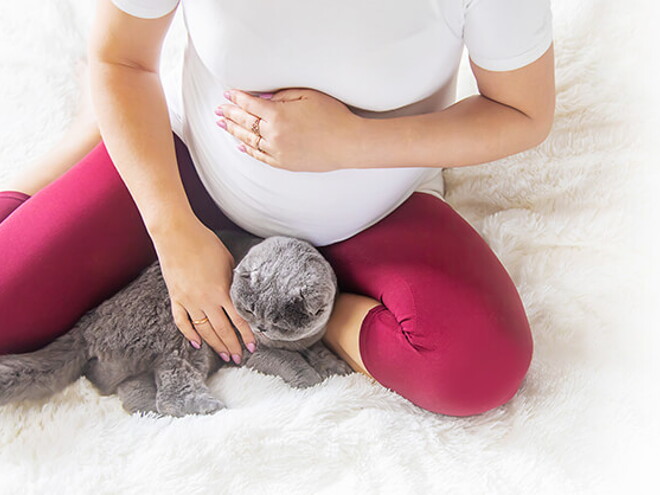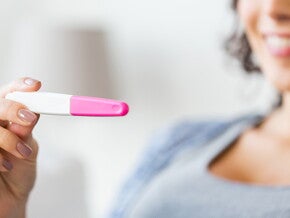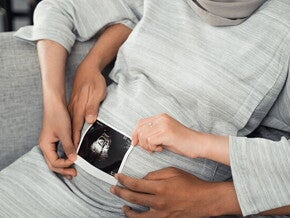
WEEK 20 DEVELOPMENT
Have you felt your little love move yet? What a wonderful moment! To get the most enjoyment from it, lie down or sit down and relax. Then you will be able to feel the jerking most clearly. Most children have their most active phase in the evening between 8 p.m. and 11 p.m.
But you may still need a bit of patience to be able to detect the movements. At the beginning, you will probably feel nothing more than a gentle twitching or jerking. The kicks against the belly become more pronounced from the 25th week onwards. And it will be several weeks before the father-to-be can also experience this great moment.
Your child is growing increasingly fast, especially when it comes to brain development, which is quite accelerated right now. If your child is a girl, her body has really grown which makes her head seems less big now. If your child is a girl, her ovaries are equipped with enough primitive cells to produce 7 million eggs! But from this stage of development, that number will start to reduce, plateauing off at around 2 million at birth. By this week, you can actually see her eyebrows and any hair on her hair follicles.
NUTRITION
Chances are, you’ve been told of the importance for fluoride for both your and your child’s future teeth. Some countries have opted to fluoridate tap water to help prevent cavities, and in general, drinking fluoridated water will meet requirements during pregnancy. Since consuming too much fluoride can have ill health effects, always check with your health care provider before consuming any dietary supplements. Flouride is found in some mineral waters, and particularly noted in shellfish, such as crabmeat or shrimp, and grapes, raisins, and potatoes.
TIPS
Cats have been given a bad rap with relation to pregnant women. Could your cat transmit a potentially dangerous disease - Toxoplasmosis - to the unborn child? While there is no need to send your pet away until the little one is born, you do need to take certain precautions, particularly if your cat is young. Kitten faeces can indeed transmit Toxoplasmosis. It is quite common and most women develop it without even realising. Highly dangerous to your unborn child, fatal even, to avoid the risk, entrust all cat litter maintenance to a third person and wash your hands regularly after touching your cat.


























